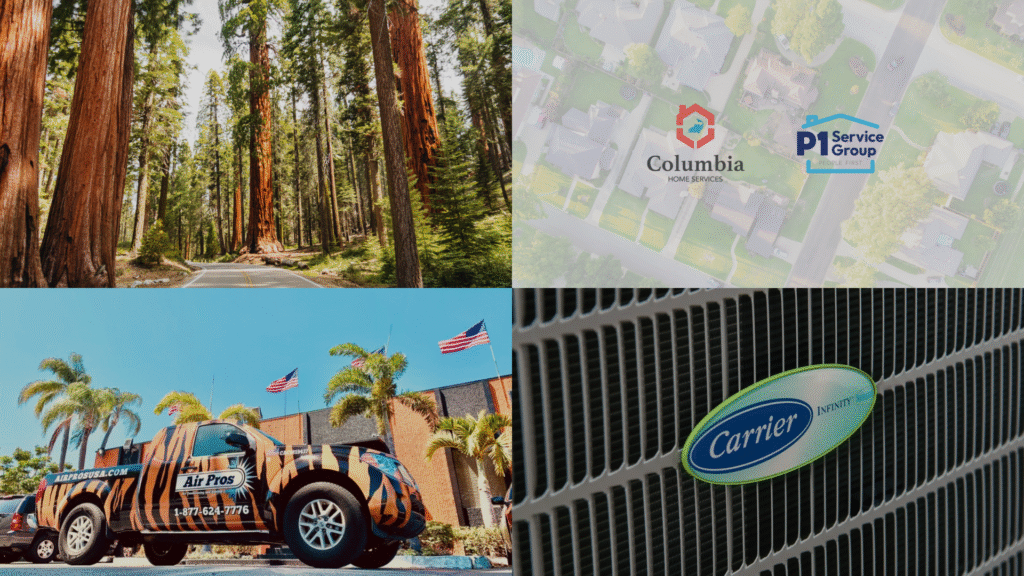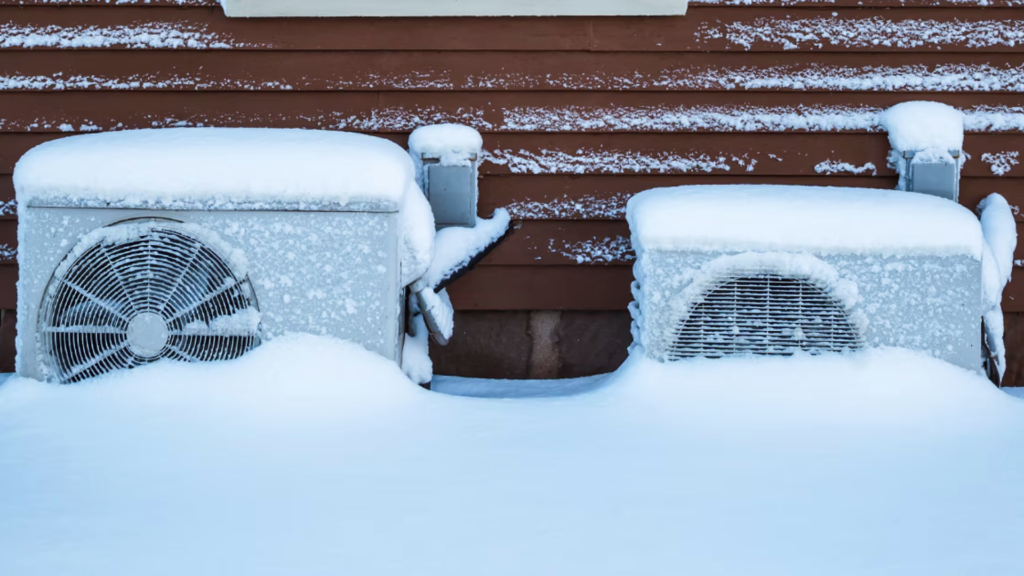Pika’s David Zhao on building the “Front Office of HVAC”
When it comes to sales — the front office — “best in class” is having a good, better, best proposal on an iPad

Image: David Zhao
❝
Amazing tools help with the back office: Dispatch, CRM, inventory management, etc, but when it comes to sales — the front office — “best in class” is having a good, better, best proposal on an iPad.
We talked to David Zhao, co-founder of Pika, a sales technology startup for HVAC contractors, about sales in the HVAC industry, how AI can be utilized today, what contractors should be thinking about, and more.
Can you give me your take on the sales landscape in HVAC today?
-
It’s a shame homeowners aren’t more stoked about having contractors in their homes. Contractors are great at building strong face-to-face relationships — they’re some of the best, most personable people I’ve worked with — but I think they’re being let down by the tools they use to translate that relationship to a sale.
-
The role of a comfort advisor is already complex. It’s almost a fool's errand to expect someone great at in-person sales also to do back-of-the-envelope math, and remember all these facts and statistics that homeowners increasingly ask: Where are these rebates? How much more will I save if I switch to the higher-efficiency unit?
-
Amazing tools help with the back office: Dispatch, CRM, inventory management, etc, but when it comes to sales — the front office — “best in class” is having a good, better, best proposal on an iPad.
Where does Pika fit into this?
-
We’ve built this next-generation sales presentation that accounts for all the context around the home. We automatically write a cover letter to the homeowner on behalf of you, the salesperson, that’s personalized. It saves you time from copying and pasting templates from the notes app and makes customers feel more supported.
-
We automatically calculate retrospective energy savings based on weather [and other factors], and also directly match systems with AHRI — and, therefore, with the specific state, federal, and utility rebates they qualify for.
Why is that stuff important?
-
When you leave the home today, you’re flying blind. You don’t know where the customer is in the buying journey. We allow you to have a “playback” of how the customer interacts with your quote.
-
Are they looking between the most expensive options? Are they looking at financing, savings, or available rebates? You get a lot more information to tailor your follow-up message for when you pick up the phone.
Rebates are a complex topic. What’s happening there?
-
We’re finding a trend toward utilities wanting contractors to play an active role in the application and qualification [process]. Homeowners, if left to their own devices, will often forget or incorrectly fill out a form. As a result, contractors are forced to play an active role, but it’s painful. [You’re] figuring out photos, 15-digit model numbers, and uploading them to a portal, for example, and you shouldn’t have to do that.
-
We’ve seen contractors lose deals because they aren’t able to offer rebates upfront. Contractors told us, “We really need help with rebates.” So, end to end, from when an estimate is sold through all the paperwork, the back and forth with the homeowner and rebate providers, and then making sure the money gets dispersed, we handle it white glove for contractors.
AI is an increasingly hot topic. But how can contractors actually utilize it in the sales process?
-
Imagine you’re looking at all your daily jobs and want to know the context for a given job. All that information is there, but it’s in notes, invoices, and previous call histories. What if you could use AI to summarize all of that? To understand what a customer has been like in the past and what you should know about that job — and every job.
-
Then, from a rebates perspective, as you’re trying to extract data to fill in forms, a lot of it may be visual — nameplate photos or photos of the existing system. So, what if that can be automatically extracted, instead of someone manually typing in a nameplate number? That’s where we see it working best immediately.
How do you think about sales at a high level?
-
Gen Z’s aren’t buying homes en masse yet, but it’ll start to happen over the next decade. You have such digitally native people who are on their phones all the time; I think it’s important to evolve your sales process to meet the needs of a changing demographic of buyers.
-
Every homeowner is different, and you need a sales process designed to handle the whole swath. Having a digital toolbox is crucial as time goes on in the trades.
What else should contractors be thinking about going forward?
-
It’s hard to point to a single cause, but the combination of milder weather, increased costs, and tighter homeowner budgets has made it harder to sell today. [But], at the same time, high mortgage rates mean that folks are more likely to invest in their existing homes. Couple that with more end-of-life replacements, given that housing starts began to recover from recession lows 15 years ago, and we’ve got an exciting next few years.
-
We’ve heard a lot of contractor skepticism around the state-level heat pump rebates, and while it’s true that programs have been slow to get off the ground, funds are going live this summer with New York kicking things off.
-
We think there’s a first-mover advantage to offering these rebates to customers as soon as they’re live, and it’s important to stay up to date on how your state’s energy office handles the rollout specifics.
📬 Get our stories in your inbox
Keep reading
May’s most popular stories
Our five most-read stories of the month, including three tablespoons of M&A and two teaspoons of R-454B moves
Two new bills get HVAC industry support
PHCC announced its support and is ready to work with stakeholders to get both bills passed
Southern states lead 15% rise in February heating demand
The number of Heating Degree Days in February rose 15 percent compared to 2024, according to the latest weather data


